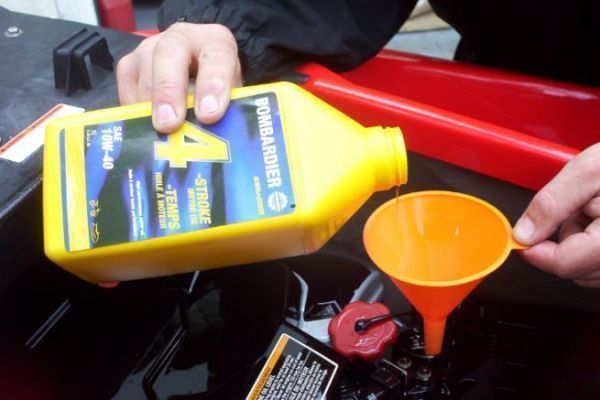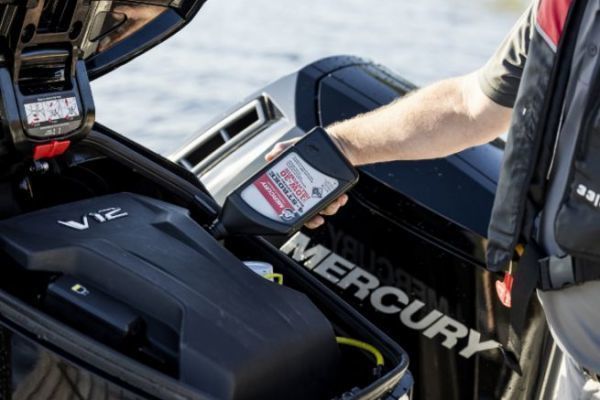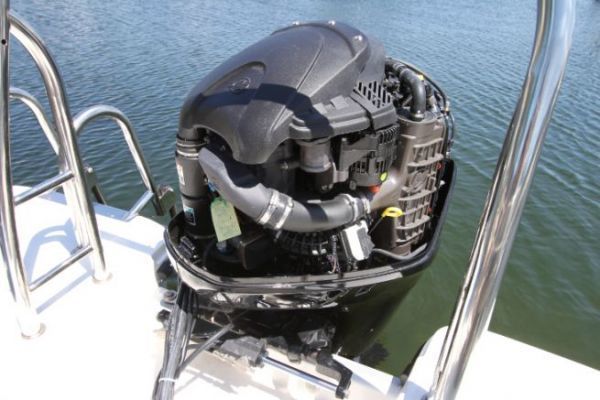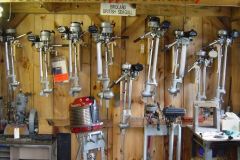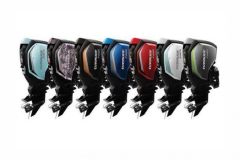If you want to change your oil by yourself, the first thing to do is consult your owner's manual. It will tell you what kind of oil you should use, indicating the type, grade and viscosity.
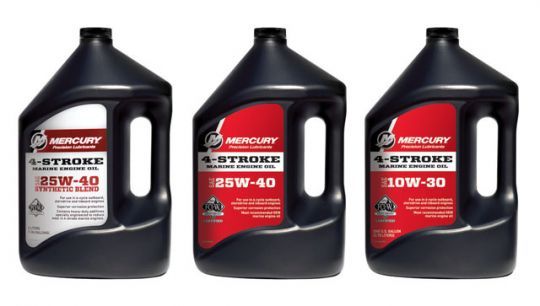
However, this information is given for normal, everyday use. It does not take into account your type of sailing or the area in which you sail. So, if you don't use your boat in a very specific way and you sail in a temperate climate, the oil recommended by the manufacturer is probably the best.
An oil adapted to your use
However, for certain uses, you may choose a slightly different oil to improve engine performance, depending also on your climate zone.
Generally speaking, if you live and sail in a cold zone, you'll choose a lower cold grade. On the other hand, if you live and sail in a tropical zone, a fairly high cold grade is more appropriate.
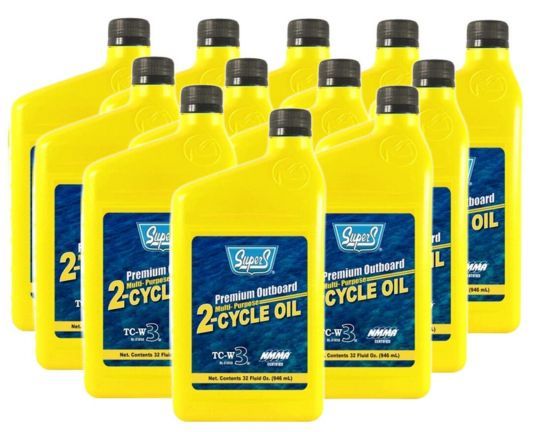
Similarly, if you have an old or low-performance engine, you'll want to choose a high hot grade and, above all, a mineral oil, which is cheaper and more suitable for this type of engine.
For a two-stroke engine, and in particular a direct-injection engine, it's imperative to use a TC-W3 or TC-W4 oil for the latest models. Otherwise, you'll get less than optimal performance.
For a specific use, a specific oil
Finally, for a recent engine or an engine used frequently at high speed, such as an offshore boat, you'd be better off with a synthetic oil with a hot grade above 40. In this case, you can even use racing oils with specific additives.
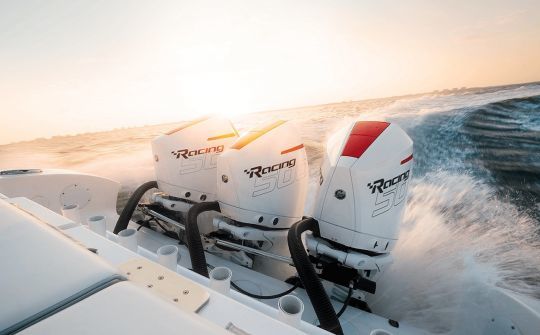
A final word of advice: "cheap" is often the wrong choice. In fact, if you want to save on oil change day, you risk spending a lot more on fuel consumption and maintenance in the future. So it's important to make the right calculations.


